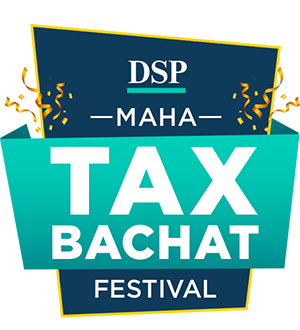
Rohit Singhania
Rohit is a Research Analyst focusing on sectors like Auto, Auto Ancillaries, Metals, Infrastructure, Sugar and Hotels. He is the Co-Fund Manager for DSP India T.I.G.E.R. Fund since June 2010. Rohit joined DSP Investment Managers in September 2005, as Portfolio Analyst for the firm's Portfolio Management Services (PMS) division. He was transferred to the Institutional Equities Team of DSP Investment Managers in June 2009.
Previously, he was with HDFC Securities Limited as a part of its Institutional Equities Research Desk. He spent 13 months at HDFC Securities as Sr. Equity Analyst.
| Sr. No. | Period | 1 Year | 3 Years | 5 Years | |||
|---|---|---|---|---|---|---|---|
| Scheme return (%) | Benchmark return (%) | Scheme return (%) | Benchmark return (%) | Scheme return (%) | Benchmark return (%) | ||
| 1 | DSP India T.I.G.E.R. Fund | 6.75 | 10.92 | 9.11 | 14.89 | 6.36 | 9.33 |
| 2 | DSP Tax Saver Fund | 14.83 | 8.97 | 13.05 | 13.64 | 10.92 | 9.11 |
| 3 | DSP Equity Opportunities Fund | 11.45 | 6.03 | 12.31 | 13.14 | 10.81 | 9.84 |
| 4 | DSP Natural Resources And New Energy Fund | 4.43 | 6.03 | 8.16 | 6.28 | 12.23 | 6.25 |
|
Period for which scheme's performance has been provided is computed basis last day of the month-end preceding the date of advertisement Different plans shall have a different expense structure. The performance details provided herein are of regular plan. Past performance may or may not be sustained in future and should not be used as a basis for comparison with other investments |
|||||||
